Understanding Preeclampsia: A Guide to a Healthy Pregnancy
BlogTable of Contents
- Waspadai Gejala Preeklampsia pada Ibu Hamil | HonestDocs
- Preeklampsia - Penyebab, Gejala, Pengobatan - KlikDokter
- Preeclampsia: What You Need to Know - MedShadow Foundation ...
- Preeclampsia Causes Diagnosis And Treatments - vrogue.co
- Preeclampsia Pictures
- Signs and Symptoms of Preeclampsia and Why It's Important to Monitor
- Preeclampsia pregnancy complications: গর্ভাবস্থায় কতটা জটিল আকার নেয় ...
- Preeclampsia in pregnancy | Pathophysiology | Diagnosis | Complications ...
- Preeklampsia Pada Ibu Hamil dan Cara Mencegahnya
- Preeclampsia: Causes, Symptoms, Risk Factors, Complications, Diagnosis ...


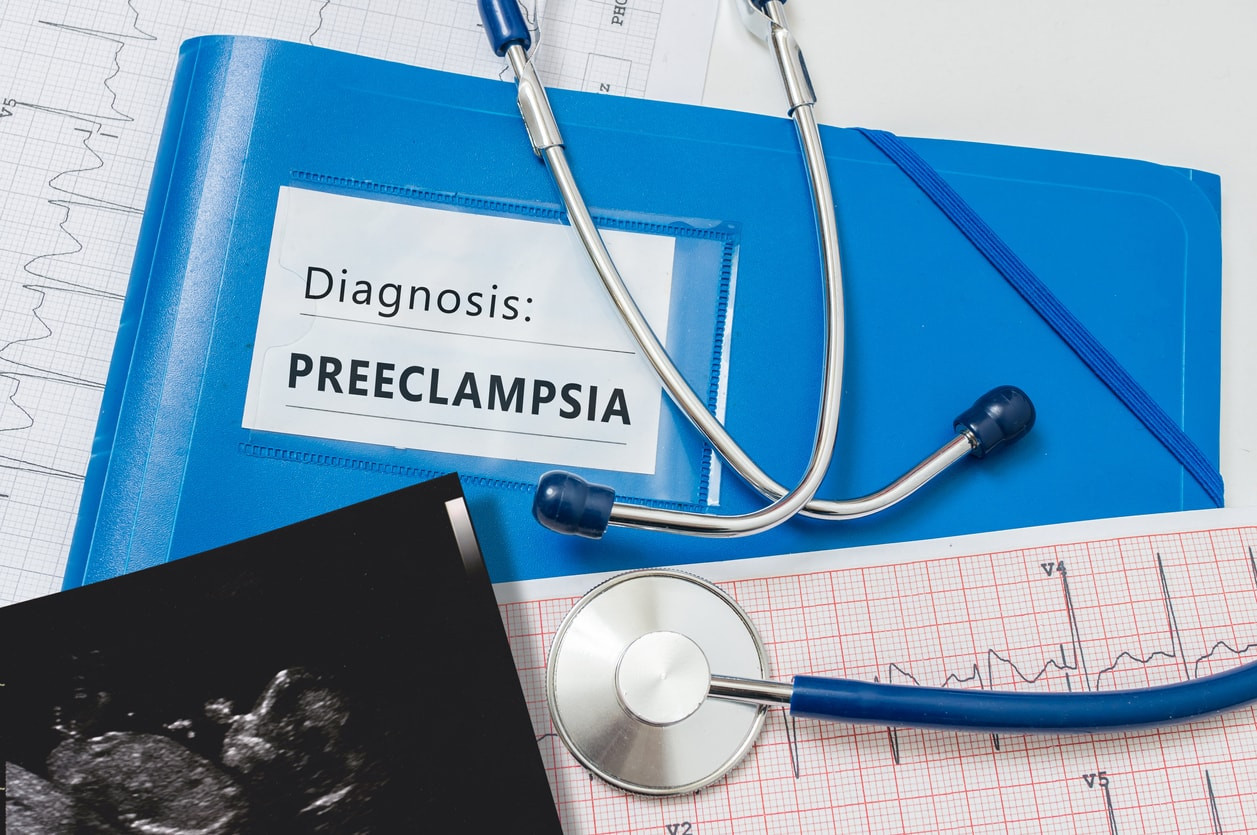
What is Preeclampsia?

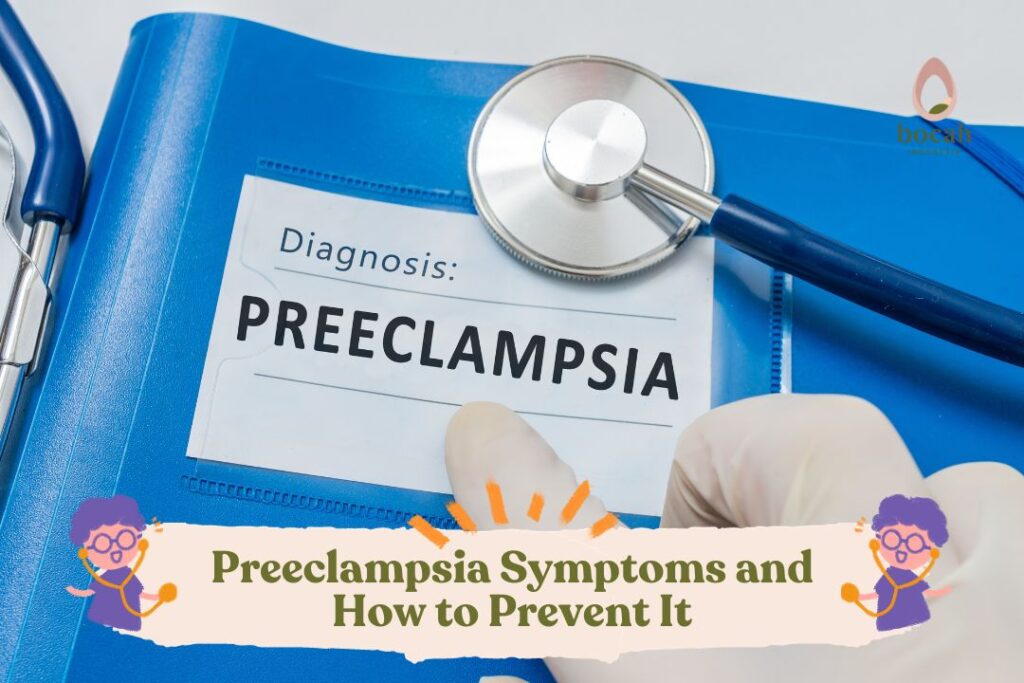
:strip_icc():format(webp)/article/AdSaPo-X4d7l8XYLYMmHN/original/041197600_1525500507-Bahaya-Hipertensi-Gestasional-saat-Hamil-By-didesign021-shutterstock.jpg)
Symptoms of Preeclampsia

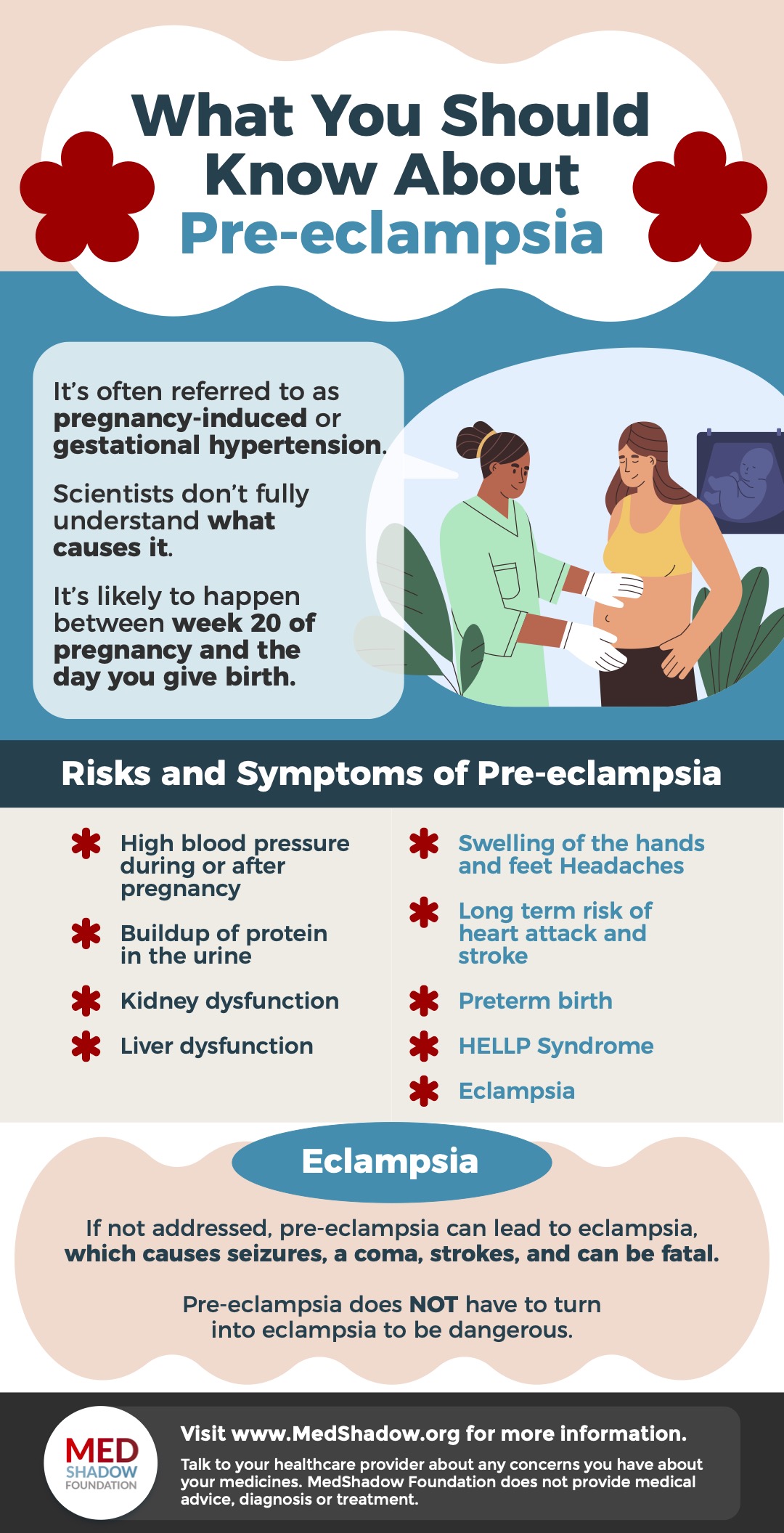
Risk Factors for Preeclampsia
Several factors can increase a woman's risk of developing preeclampsia. These include: - First pregnancy - Age 35 or older - Carrying twins or other multiples - History of high blood pressure, kidney disease, or certain autoimmune disorders - Obesity - Family history of preeclampsia Understanding these risk factors can help women and their healthcare providers be more vigilant for signs of preeclampsia.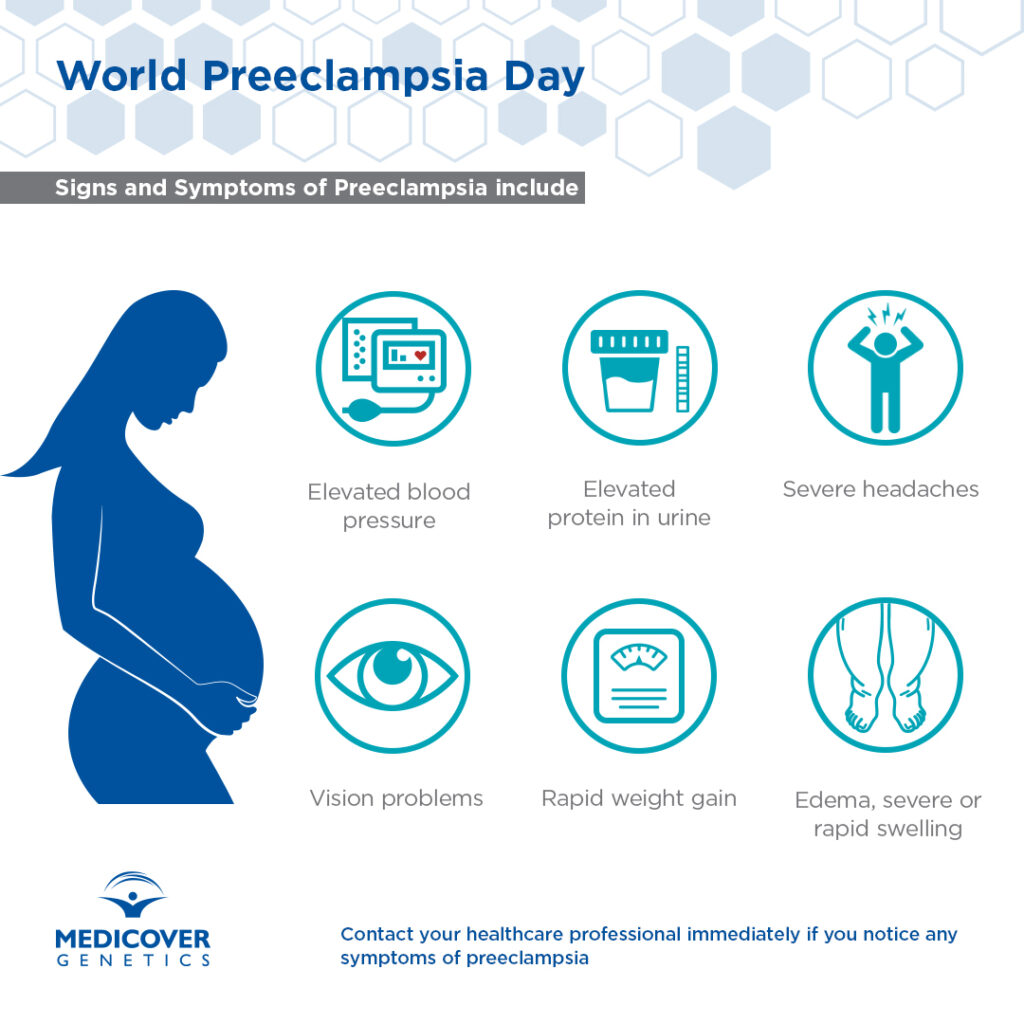
The Role of the Preeclampsia Foundation
The Preeclampsia Foundation plays a vital role in the fight against preeclampsia. This organization is dedicated to providing education and support to patients, caregivers, and healthcare providers. Through its website and community forums, the foundation offers a wealth of information on preeclampsia, including its causes, symptoms, diagnosis, and management. Additionally, the foundation supports research into the causes and treatments of preeclampsia, aiming to improve outcomes for those affected.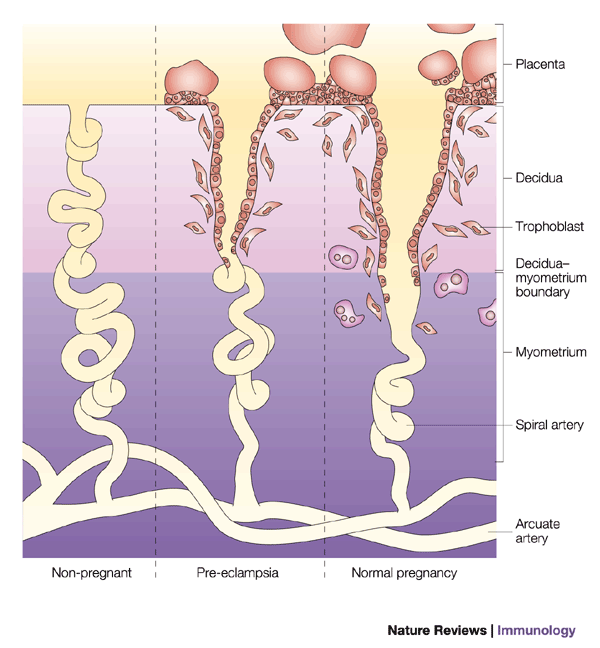
Support and Advocacy
Beyond education, the Preeclampsia Foundation is also a powerful advocate for those affected by the condition. It works to raise awareness of preeclampsia among the public and healthcare professionals, promoting early detection and appropriate management. The foundation also provides a community for those who have experienced preeclampsia, offering a space for sharing experiences, finding support, and connecting with others who understand the challenges of living with this condition. Preeclampsia is a serious pregnancy complication that requires attention and understanding. By educating ourselves about its symptoms, risk factors, and the work of organizations like the Preeclampsia Foundation, we can work towards healthier pregnancies and better outcomes for mothers and babies worldwide. Whether you're an expectant mother, a healthcare provider, or simply someone who cares about maternal health, there's a role for you in the effort to combat preeclampsia. Visit the Preeclampsia Foundation's website today to learn more and get involved.For more information on preeclampsia and how you can support the Preeclampsia Foundation, visit https://www.preeclampsia.org/.